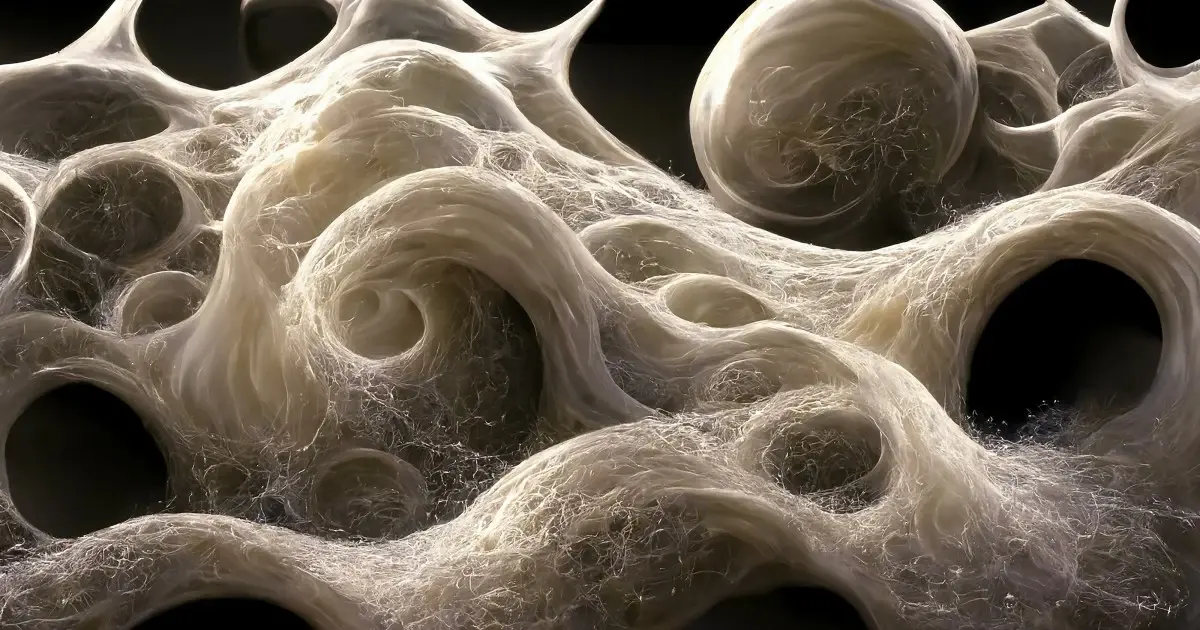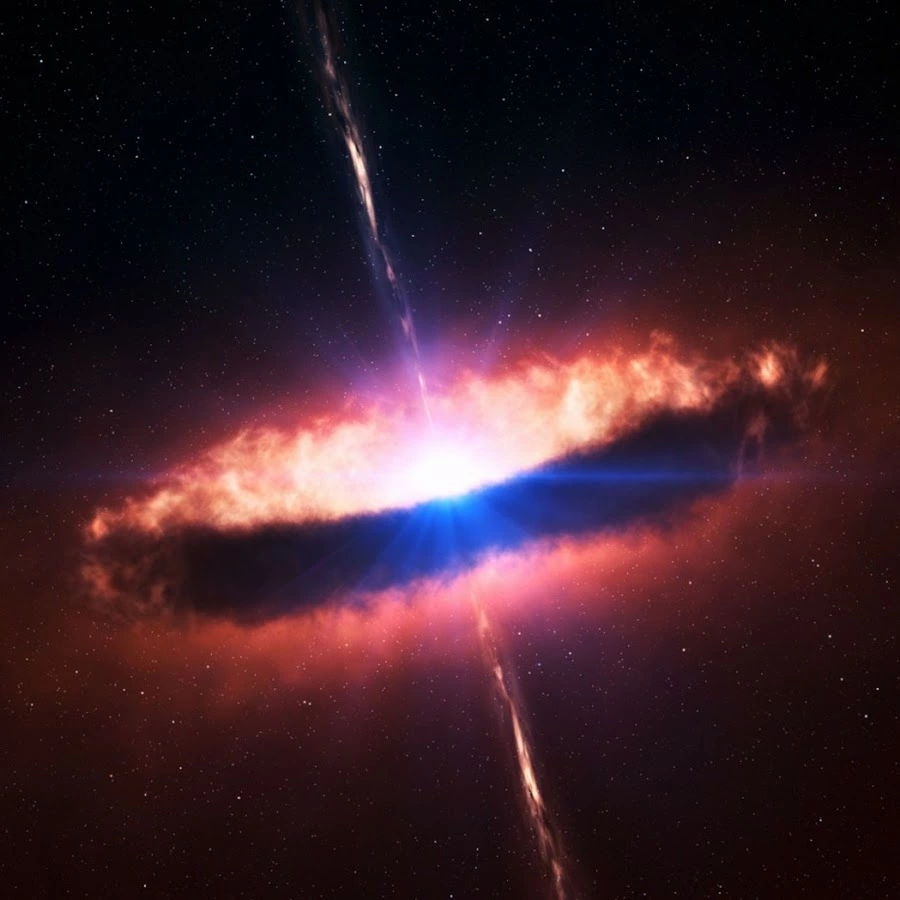The laws of quantum mechanics are confusing, predicting that particles are also waves and that cats are simultaneously alive and dead.
Okay, so, like, that’s punchier writing than the actual truth, but how am I supposed to buy anything else about physics in the article after that? The level of oversimplification of relatively commonly known concepts does not give me confidence that the rest won’t be pop sci drivel.
Luckily you can check out the author’s bio right from the article:
Dr. Don Lincoln is a Senior Scientist at Fermilab, America’s leading particle physics laboratory, who has coauthored over 1,500 scientific papers. He was a member of the teams that discovered the top quark in 1995 and the Higgs boson in 2012.
Okay well maybe I’ll circle back to it, then. Maybe bad science writing has made me a little cynical.
A bit of cynicism is always healthy!
Oh snap, so this guy is on the faaaaaaaar side of the bell curve wearing the hood and agreeing with me. Well played.
The guy just invents particles and you think we should trust him?
j/k
Actually, cats really are alive and dead at the same time according to the many worlds interpretation. Under classical quantum mechanics, we say that superpositions collapse when observed, and since the cat is an observer of the quantum event (since the cat would die if the atom decayed), then the cat’s presence resolves the superposition. Thus, the cat is never in superposition.
However, according to the many worlds interpretation, observation does not collapse superposition. Rather, it simply expands the superposition to include the observer. So the cat, as an observer of the quantum event, really is both alive and dead. And at the moment that you open the box to see whether the cat died, you will also observe the quantum event and become part of the superposition as well. You will both see a dead cat, and see a living cat. But your consciousness only experiences one of these possibilities. Presumably, you have another consciousness in the other possibility observing the cat in the other state. Two separate timelines have been created, which will each progress on their own according to causality. We may also call these timelines worlds or universes, seeing as they’re mostly self contained.
Just relax and enjoy your vanilla latte with quantum foam.
The foam is actually an accumulation of retired eldritch horror dandruff.
Straight iced espresso for me. It does make me think of those particular customers who’d always demand an impossible level of no foam, though.
I did also end up reading about quantum foam anyway. 😂
The concepts are basically right arent they?
I mean, they’re both at least illustrative I guess. In the case of particles and waves I may be quibbling a bit over the distinction that something is a particle or a wave versus exhibiting the properties of one or the other.
In the case of Schrodinger’s cat, the thought experiment suggests that if the life or death of the cat is tied to the collapse of the state vector, an eigenstate of the two implies simultaneous life and death. But the varying interpretations of this problem aren’t so straightforward as ‘both dead and alive’, and it’s kind of misleading to just leave it at that.
Personally, I find it odd that they’d discount the cat’s own awareness of the state vector’s collapse. Obviously when the atom decays and kills it, it’s going to know before you are regardless of the presence of cardboard.
It just seems like a lot of kind of imprecise throw-away mentions of more complex ideas for one sentence. But again, maybe I’m being cynical.
I don’t think he was planning to explain these concepts, just hint at them to the layman reading thr article who probably barely know what Schodinger’s cat is.
Shrodinger’s cat wasn’t some simplified lesson for the layman. It wasn’t even an explanation. It was a commentary about the quantum model itself and how the current state of the model is laughably incomplete and unable to adequately answer or predict anything of value (yet). It wasn’t until more recently that some Newtonian physics might be explainable as emergent properties of quantum mechanics, but we are still a long ways away from a unified or blurred model.
https://betterexplained.com/articles/gotcha-shrodingers-cat/
And the cat observes it but that doesn’t mean that the cat is now in a discrete state that is either alive or dead. It is both and will stay both and you’ll only see which version of the cat is in your world. At least according to the many worlds theory which makes sense to me
Quantum foam has been a mainstream thought for some time. It is referenced extensively in Michael Crichton’s 1999 novel Timeline in which a sort of multiverse time travel is achieved by scientists using some vague method based on quantum science.
Can quantum particles be blocked or contained or otherwise impeded from entering a vessel?
Are they truly just appearing and disappearing or do they just move so fast (like, faster than C) that it only appears that way?
Nope, they actually appear and disappear. The idea is that even in vacuum there’s a certain amount of background energy and that energy can randomly turn into matter-antimatter pairs in what is basically the inverse of matter-antimatter annihilation.
To a certain degree, as they mentioned in the article regarding the casimir effect. While one cannot keep out the quantum foam entirely, it can be restricted to specific wavelengths by altering the volume of the space.
So with a sufficiently small volume of space, we would have an actual nothing again? Or the foam can go infinitely small?
Consider this fact, some light waves like radio are large enough that a lot of matter is essentially invisible to their propagation; the radio waves just pass right by without any interactions. This becomes a similar problem when we try and measure such small quantum phenomena like zero-point energy. The quantum energy could be so small that they’re invisible to our detectors, but are in fact still there - the two scales simple cannot interact in a measurable way. So, there’d like still be some quantum energy, just less and less until our detectors could not interact with the incredibly small quanta for measurement.
Removed by mod
What is the ontology of a concept or idea? If nothing doesn’t exist materially but strictly conceptually, does it not exist or is there a different term one should employ to refer to it? 🤔
deleted by creator
It’s that they’re using a more normal people term. They probably wanted to say vacuum.
So I wonder, even if it’s only appearing very briefly it’s still going to exert some small gravitational effect. And who is to say the density of quantum foam is perfectly evenly distributed through the universe, within, through and between galaxies? Could this be an alternative explanation to dark matter?
So I wonder, even if it’s only appearing very briefly it’s still going to exert some small gravitational effect.
I don’t think so. Remember: This is energy being converted to mass, not mass coming out of nowhere.
Ah right. So, an alternative to dark energy and dark mass?
No no that’s a completely different phenomenon. This is the phenomenon involved in Hawking’s radiation and similar.
Would be nice if we could measure quantum-foam activity depending on gravity well intensity. Let’s say somewhere around Venus and Pluto to compare (sun’s well).
I think Wikipedia articles about zero-point energy and quantum-foam explain this well.
Btw, wasn’t there an experiment with a laser vibrating a nano-particle with nearly lightspeed, separating the particle & anti-particle pair before annihilation, creating matter from nothing?
Ah, btw, Casimir effect.












